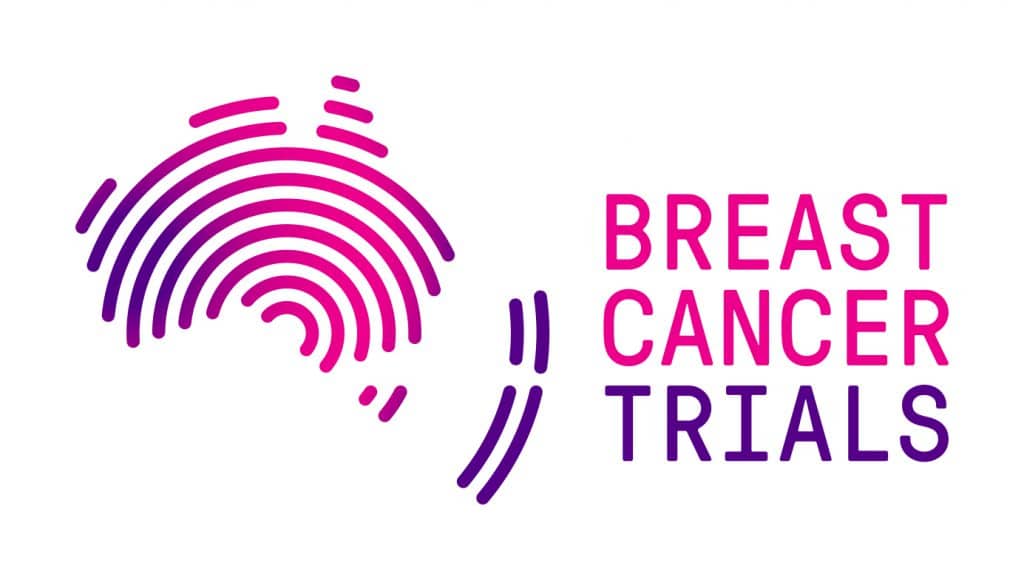- Research
- 2022-2026 Research Strategy
- Open Clinical Trials
- Closed Clinical Trials
- What is a Clinical Trial?
- Why Participate in a Clinical Trial
- Remote Telehealth Pre-Screening Process
- Research Achievements
- Publications
- Research Development and Funding
- Participating Intitutions
- International Collaboration
- BCT Trials & Projects Summary
- Translational Research
- Clinical Fellowship Program
- International Fellowship Support
- Annual Scientific Meeting
- Travel Grants and Awards
- About
- Our Impact
- Fundraise
- Donate
- Researcher Login
- Cart
Helping the Immune System to Fight Cancer Cells
Lymphocytes, which are a type of white blood cell, are an important part of the immune system that helps the body fight off infections or eliminate diseased cells. Lymphocytes, made up of T cells and B cells, are constantly patrolling the body to identify cells that shouldn’t be present, including cancer.
As cancers grow, lymphocytes recognise these cells as abnormal and penetrate into the tumour. These are the tumour-infiltrating lymphocytes, or TILs. Once in the tumour, TILs begin working to kill cancer cells.
Research has shown that a higher number of TILs detected in a patient’s tumour is associated with better outcomes and indicates the patient’s immune system is rallying a response to their cancer. This is particularly so for patients with triple negative breast cancer and HER2 positive breast cancer – two of the most aggressive sub-types of breast cancer.
Quantitating TILs provides information on how the patient will respond to conventional treatment, helping doctors to tailor treatments for that patient. This includes identifying patients who are most likely to do well, those who are most likely to relapse early and those who may benefit from additional interventions.
Professor Sherene Loi, Board Director and Breast Cancer Trials researcher, has a strong interest in biomarker development as this can help better manage patients. She has led the development and implementation of the TILs biomarker in breast cancer and has led a number of immunotherapy studies that have been conducted by Breast Cancer Trials – the PANACEA, NEO-N and DIAmOND clinical trials.
With pathologist collaborator, Dr Roberto Salgado, they have developed the International Immune Oncology Working Group. This biomarker is now established as part of routine breast cancer pathology reporting in many countries to help refine prognostics estimates. There is also potential for TILs to be used to predict which tumours will respond to checkpoint blockade or immunotherapy. It was also included in the 2019 WHO Blue Book on Breast Tumors, as well as recommended by the European Society of Medical Oncology early breast cancer guidelines and the St Gallen early breast cancer consensus guidelines.


